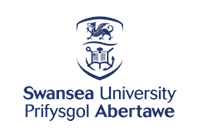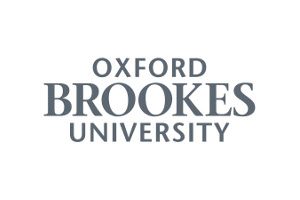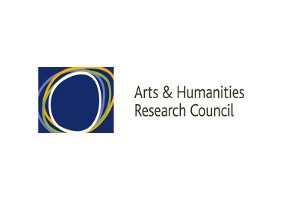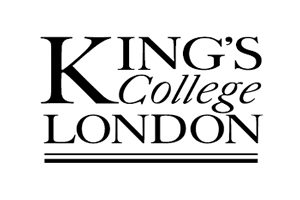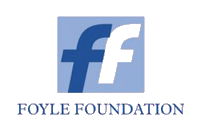Catharine Macaulay
(b. April 2, 1731, Olantigh, Wye, Kent, England – d. June 22, 1791, Binfield, Berkshire, England )
Gender: F
Catharine Macaulay (1731-1791) was the daughter of John Sawbridge, a landowner in Kent; her mother died when she was two years old and she was left in the hands of a governess, but educated herself by reading widely in her father’s library. The Sawbridge family were political radicals: Catharine and her brother John, who was MP for Hythe and later for the City of London, were anti-monarchists and associates of John Wilkes, whom they helped to form the Society of Supporters of the Bill of Rights. At the age of twenty-nine, Catharine married a Scottish physician, George Macaulay, and in 1763 published the first of eight volumes of a history of England which set out to provide an alternative republican view to the Tory-leaning history written by David Hume. The early volumes of her history were received with critical applause, but her outspoken support of the independence of the American colonies led to a fall in her popularity. Macaulay’s husband died in 1766, and in 1774 she moved with her young daughter to Bath, where she accepted from Rev Thomas Wilson an offer to share his house. Wilson, who was twenty-eight years older than Macaulay, idolised her, and this became a cause for public ridicule when on 2nd April 1777, Wilson organised a celebration for Macaulay’s birthday at which six odes were recited in her honour; these were then collected and published. Five months later, Wilson erected a statue of Macaulay in the chancel of St Stephen Walbrook, causing deep offence to the parishioners. A year later, Macaulay caused a public scandal by marrying William Graham, a Scottish naval surgeon who was twenty-five years her junior; lampoons were circulated suggesting that Macaulay had married only to indulge physical passions which the elderly Dr Wilson was incapable of satisfying. The marriage was nevertheless happy, and Macaulay and her husband left for a year-long tour of the United States, where they were welcomed by George and Martha Washington and other luminaries of the War of Independence. On their return, they settled quietly in the village of Binfield in Berkshire, where she published Observations on the Reflections of the Rt Hon Edmund Burke on the Revolution in France (1790) and her final work, Letters on Education (1790), in which she demanded that women should be given an equal education to men. She was one of the writers praised by Mary Wollstonecraft in A Vindication of the Rights of Woman.
Also known as:
- Catherine Macaulay
Authorities
| Electronic Enlightenment DOI |
| Oxford DNB DOI |
| VIAF Authority File ID |
| Wikipedia |
Mentioned in 5 letters
No transcribed or un-transcribed letters| show transcribed only
Please note that all dates and location information are provisional, initially taken from the library and archive catalogues. As our section editors continue to work through the material we will update our database and the changes will be reflected across the edition.
Browser support: The website works best using the Chrome, Edge, and Firefox browsers on the PC, and only Chrome and Firefox on the Mac.
